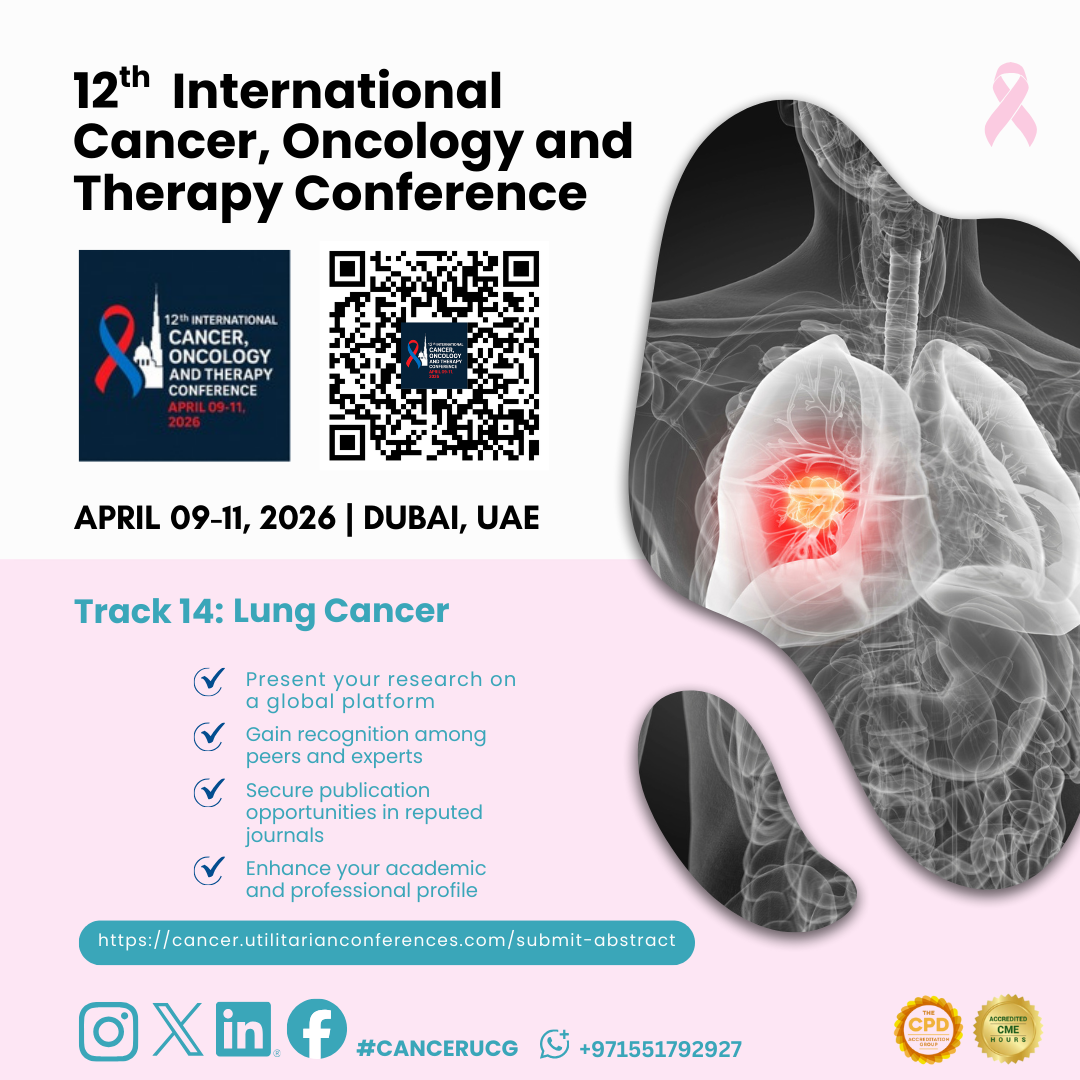Sub tracks of lungs cancer:
1. Origin & Risk Factors
- Genetic mutations (e.g., EGFR, ALK)
- Environmental factors (e.g., smoking, pollution, asbestos)
- Pre-cancerous changes
- Types of Lung Cancer
- Non-Small Cell Lung Cancer (NSCLC):
- Adenocarcinoma
- Squamous cell carcinoma
- Large cell carcinoma
- Small Cell Lung Cancer (SCLC):
- Limited stage
- Extensive stage
Stages of Cancer
- Stage 0 (In Situ): Cancer cells localized
- Stage I: Small tumor, no lymph node involvement
- Stage II: Tumor with nearby lymph node involvement
- Stage III: Advanced regional spread
- Stage IV: Metastatic (spread to other organs)
Diagnostic Techniques
- Imaging: X-rays, CT scans, PET scans
- Biopsy: Tissue sampling
- Molecular testing: Mutation markers (e.g., EGFR, KRAS)
Treatment Tracks
- Surgery: Early-stage cancer
- Radiation Therapy: Localized or advanced stages
- Chemotherapy: Systemic treatment
- Targeted Therapy: EGFR inhibitors, ALK inhibitors
- Immunotherapy: PD-1/PD-L1 inhibitors
- Palliative Care: Advanced stages for symptom relief
Prognosis and Monitoring
- Regular scans and tests
- Management of recurrence
- Clinical trials and emerging therapies
What is Lungs cancer ?
Lung
cancer is a type of cancer that begins in the lungs, commonly caused by
smoking, exposure to harmful substances, or genetic factors. It involves
abnormal cell growth, forming tumors that can interfere with breathing and
spread to other parts of the body.





